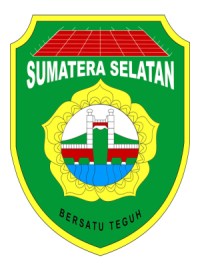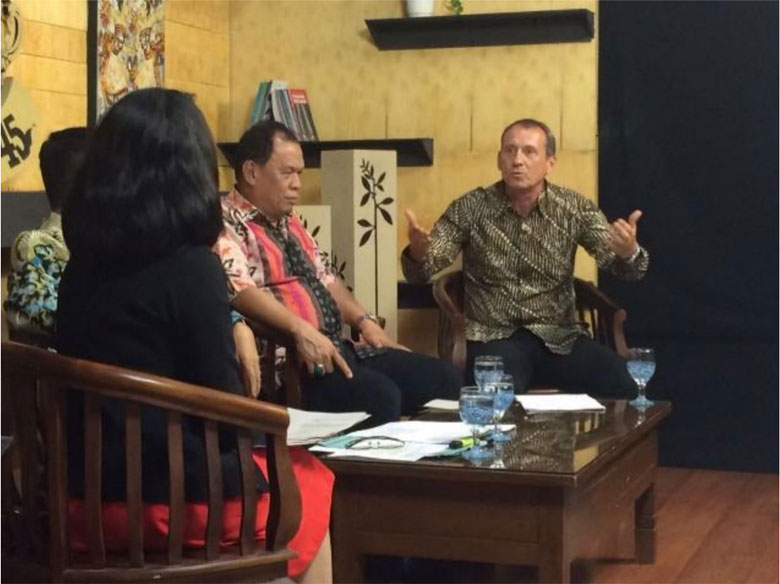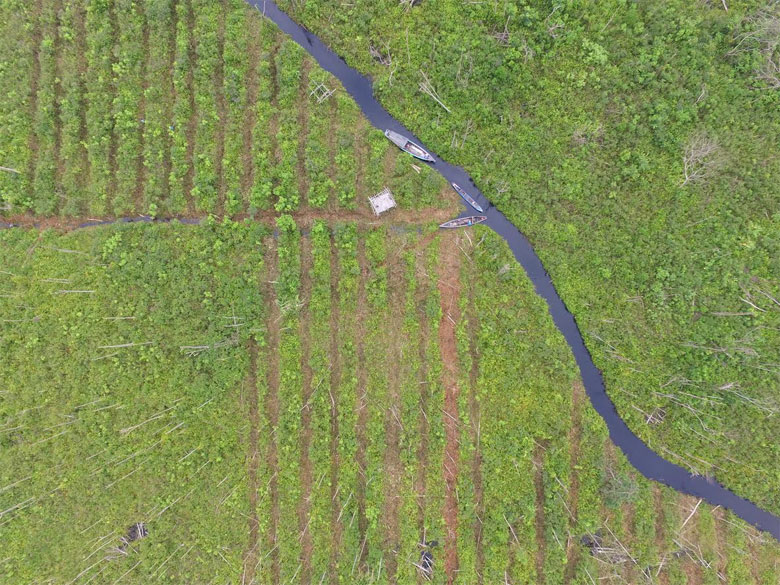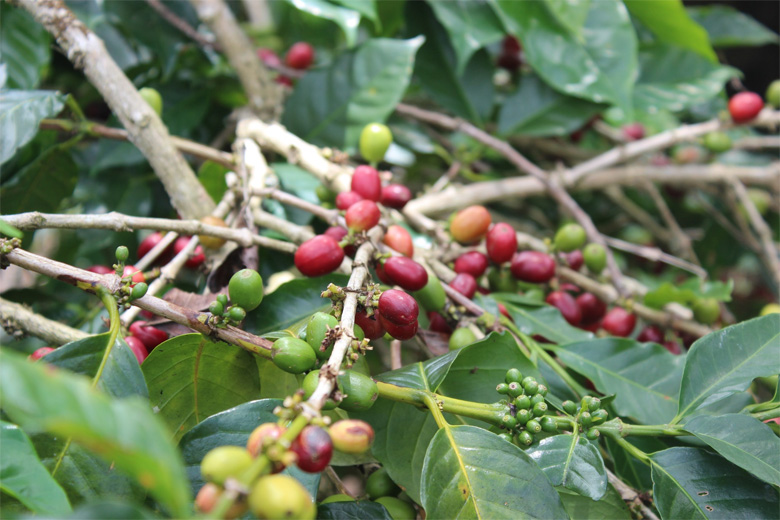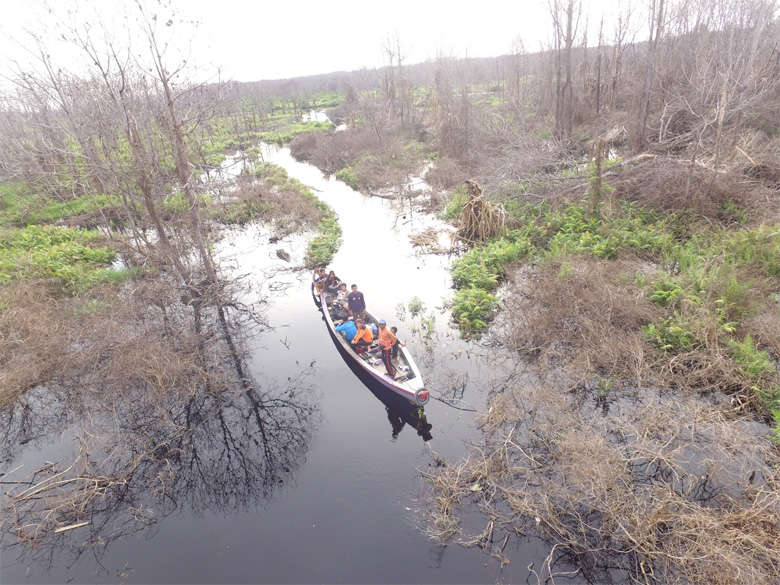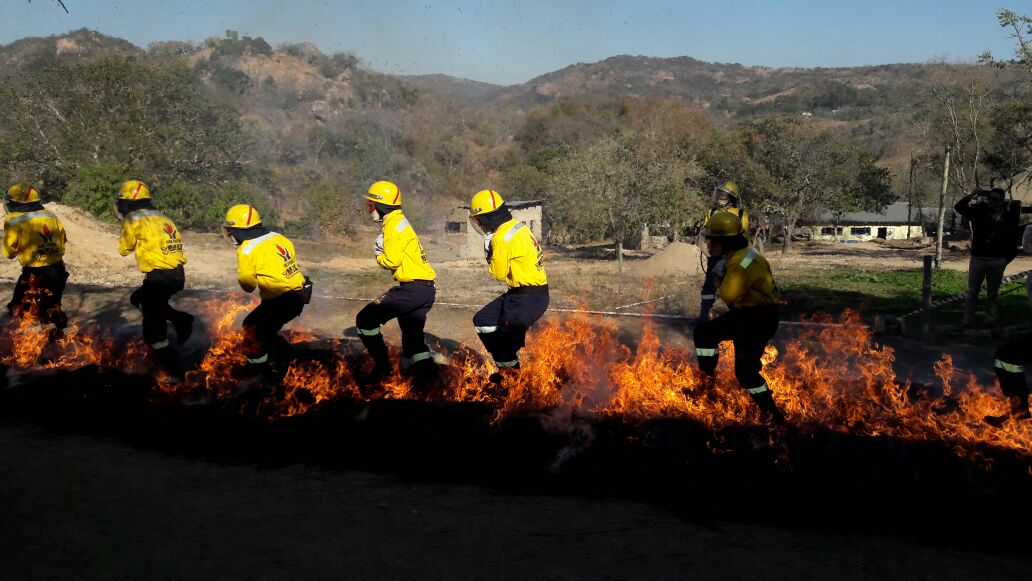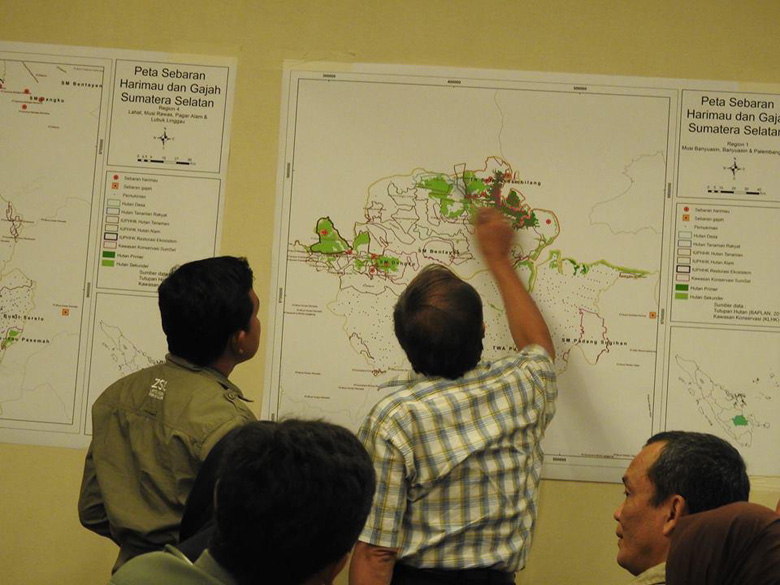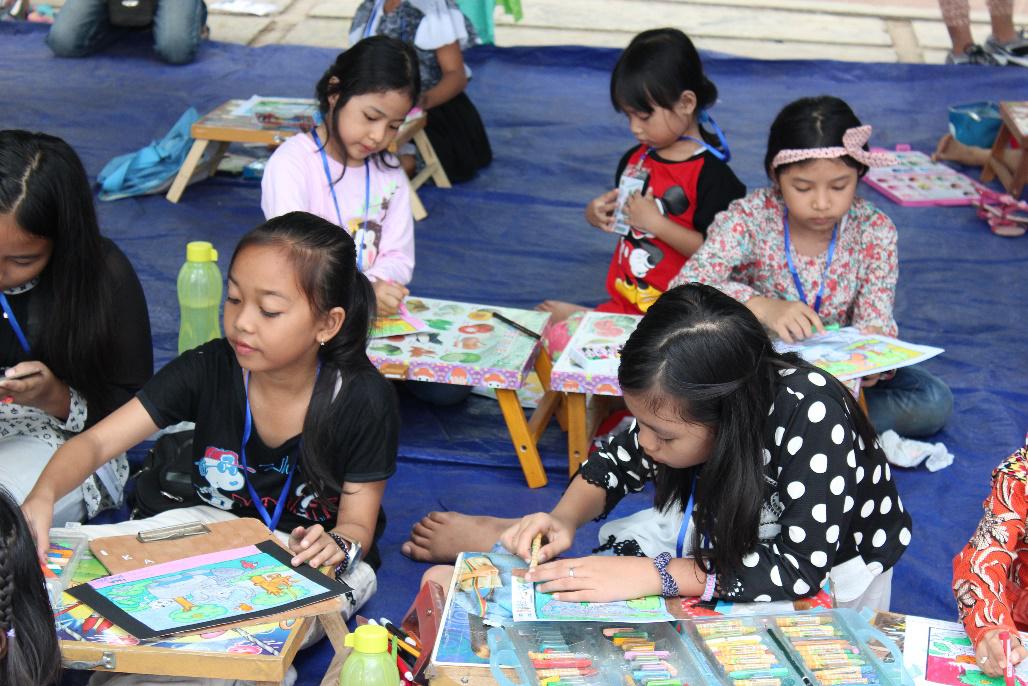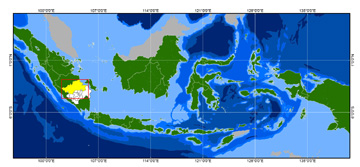FMU and Forest Management
What is a Forest Management Unit?
Forest Management Units (FMUs) are an important part of a new Government of Indonesia administrative structure for improving Good Governance over the country’s forest resources. An FMU, by definition, is a legally established entity with clear and permanent demarcated boundaries. The FMU is responsible for ensuring that all functions and services of the forests in the area are maintained, and that Sustainable Forest Management (SFM) is implemented. It is an operational area of manageable and controllable size predominantly covered by forests. The FMU has clear economic, social and ecological management objectives and a long-term management plan closely related to the main forest functions (protection forest, production forest and conservation forest). Operational and administrative tasks are determined by long-term management objectives and by forest managers (commercial companies, communities, state forest companies) operating in the area.
Forest Management Units in Indonesia are Conservation Forest Management Units (KPHKs), Protection Forest Management Units (KPHLs) or Production Forest Management Units (KPHPs) depending on the dominant forest function of the FMU area.
KPHLs and KPHPs
Under Indonesia’s national standards, norms, procedures and criteria for forest management in KPHLs and KPHPs, the FMU is responsible for day-to-day on-site forest management.
This is achieved by:
- Overseeing the whole planning and management process within the FMU area
- Monitoring and controlling the forest management plans and operations of private forest managers (forest concession holders) and other forestry owners (e.g. under various community forestry schemes);
- Providing advice and services, approving, monitoring and controlling forest management plans and forest operations car•Providing advice and services, approving, monitoring and controlling forest management plans and forest operations carried out by local communities (e.g. customary, community and village forest);ied out by local communities (e.g. customary, community and village forest);
- Directly managing state forest not given to third parties for management (e.g. 'open access' forest, protected forest, protected areas) including forest rehabilitation, reclamation, protection and nature conservation; and
- In partnership with independent bodies (e.g. NGOs) helping to resolve overlapping forest land tenure claims that cause conflicts and may threaten forest status
An FMU normally comprises a variety of forest land including:
- Areas with long-running licenses covering large areas of natural and plantation forest (HPH licenses for natural production forest, HTI licenses for industrial plantation forest, HTR licenses for community plantation forest, mining concessions etc.);
- Smaller areas of village, community or customary forests, smaller village license areas (HKMs); and
- Areas of various sizes not subject to licenses (mostly ex-concession areas with little remaining timber stock).
All these areas, despite being part of the same FMU, are managed or should be managed differently and require different approaches. In addition an FMU might cover different types of forests including conservation, protection and production forest and will be named according to the most dominant forest type as follows:
- Conservation FMU - Kesatuan Pengelolaan Hutan Konservasi (KPHK),
- Protection FMU - Kesatuan Pengelolaan Hutan Lindung (KPHL),
- Production FMU - Kesatuan Pengelolaan Hutan Produksi (KPHP).
Accordingly, the management of these FMUs will be based on meaningful long-term and short-term management plans with different kinds of management for each area.
However, significant support is needed to make FMUs operational, including the provision of sufficient human resources (competent and skilled staff), funds, methods, materials and equipment.
BIOCLIME’s support to FMUs
The Biodiversity and Climate Change Project (BIOCLIME) supports FMUs as an effective tool for improving biodiversity conservation and maintaining forest carbon stock in the districts of Banyuasin, Musi Banyuasin, Musi Rawas and Musi Rawas Utarato in South Sumatra.
The support of pilot FMUs is one of BIOCLIMEs major activities in South Sumatra. Through the strengthening of FMUs’ management systems, optimizing their operational procedures and processes, customer orientation and knowledge management, BIOCLIME aims to improve the management of natural resources with a focus on environmental services and biodiversity. The focus of BIOCLIME’s support is to:
- Maintain biodiversity in the FMUs forest areas (concentrating on High Conservation Value Forests)
- Maintain or enhance the carbon stock of the forests (High Carbon Stock Forests)
- Develop a MRV system at provincial level
- Adequately address the needs of communities in terms of managing their forests
The “forest flower” below informs about BIOCLIME’s support to the different tasks of a FMU.



